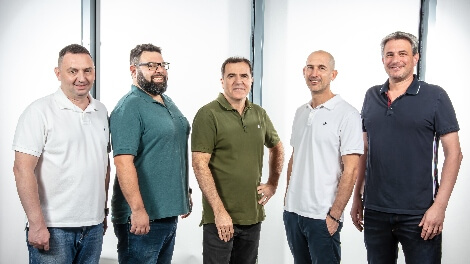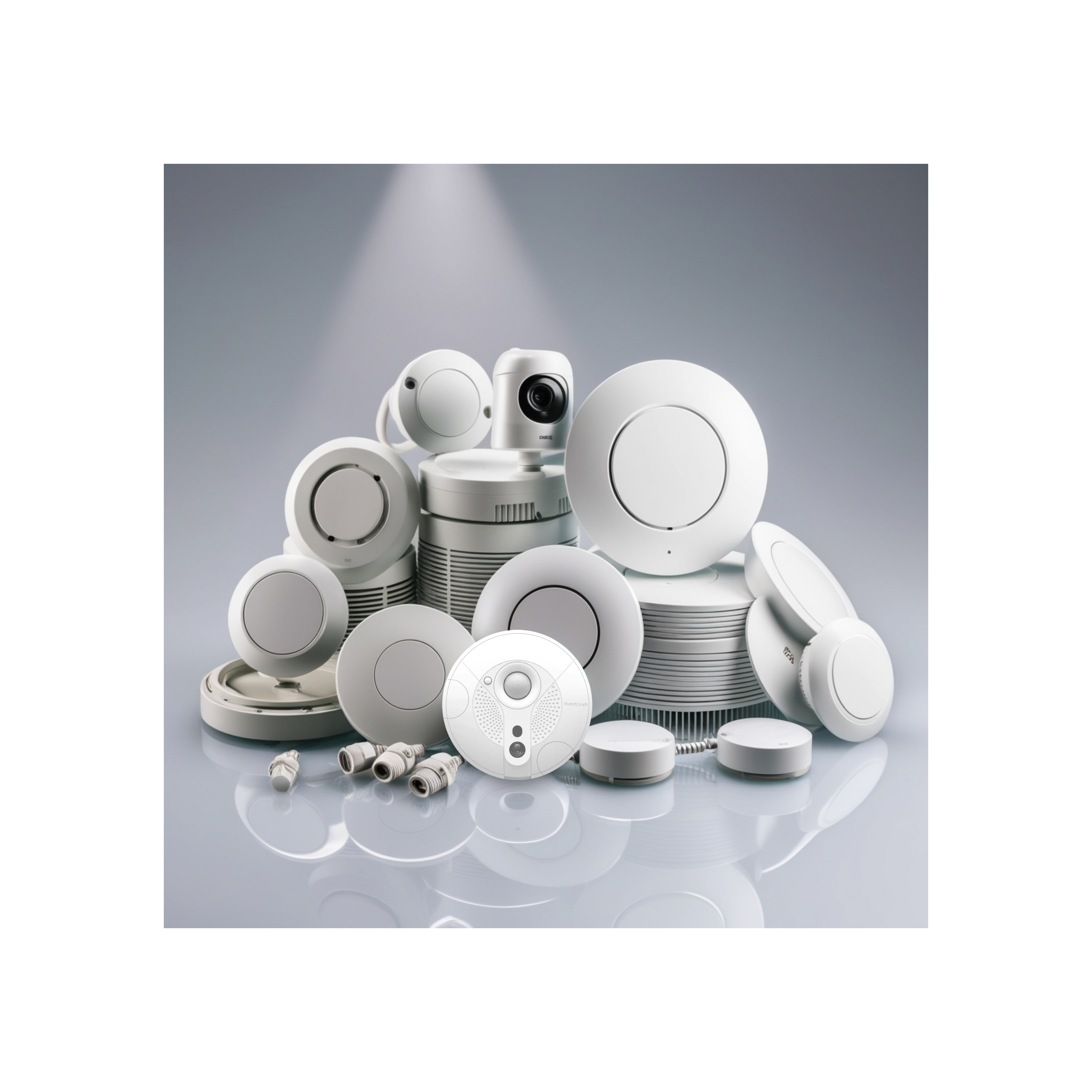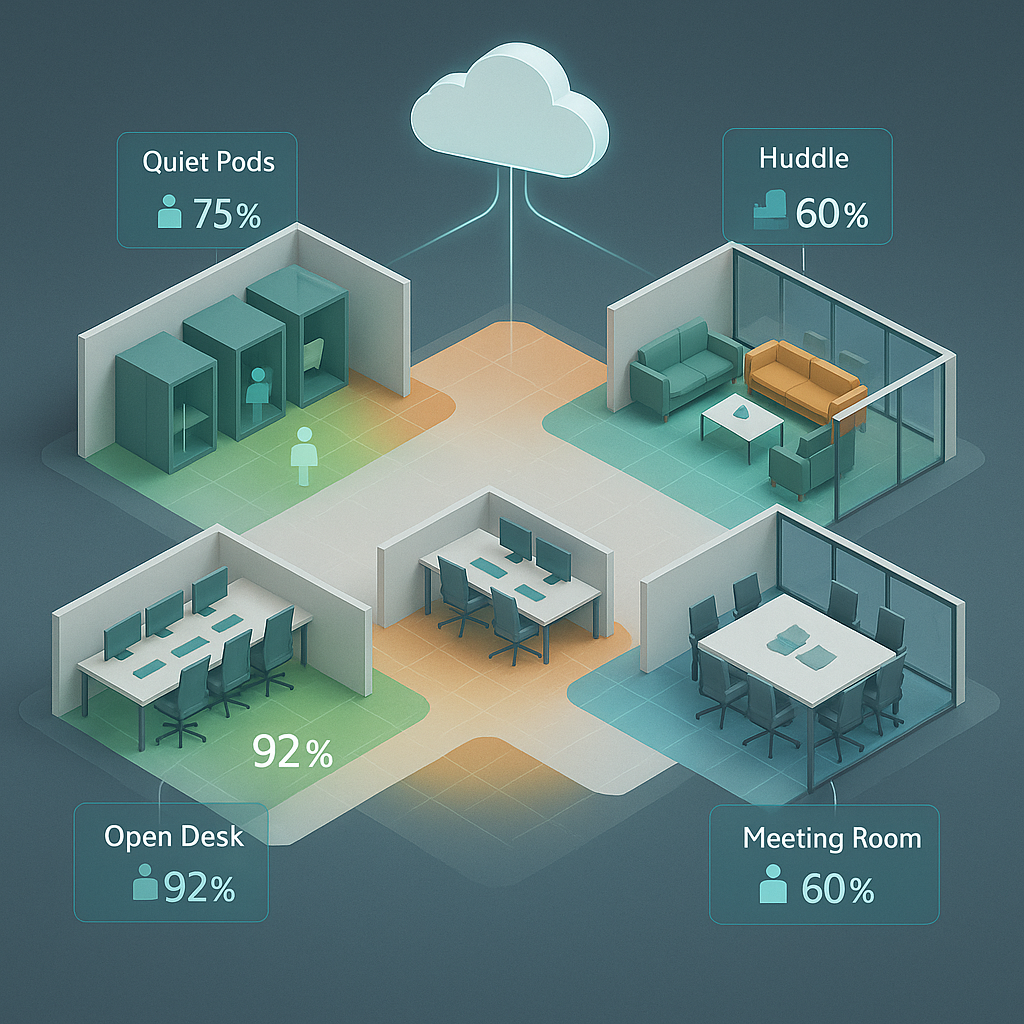Everything That is New: PointGrab Blog & News

[Webinar] The Workplace is Evolving: Are Your Customers Ready for the Future?

PointGrab joins the OpenAV Cloud initiative
As part of its commitment to an open data industry, PointGrab joins the OpenAV Cloud initiative to seamlessly integrate space...

CFO Perspective: Mastering Workspace Efficiency KPIs
In an era where workspace flexibility and efficiency are paramount, the right occupancy metrics are crucial for understanding and optimizing...

Embracing the Hybrid Model: How UK Legal Firms are Adapting Their Workplaces

The Case for Desk Area Monitoring

Expanding Horizons: How Occupancy Sensors Can Open New Avenues for AV Integrators in Modern Office Spaces
PointGrab is growing as the Intelligent choice for sensors technology. Read here on our journey

A New Chapter in Innovation and Leadership
PointGrab is growing as the Intelligent choice for sensors technology. Read here on our journey

Single Occupancy- Meeting Rooms Abuse
Presence? Occupancy? People Counter? Read what is the right technology to chose for your project

Occupancy Sensors Technologies
Presence? Occupancy? People Counter? Read what is the right technology to chose for your project

Spaces Variety: The Need for a Unified Occupancy Data System
How to Simplify your Understanding of the Spaces Usage

Tiny Spaces Shine: Nested Areas of Interest Unlock Hidden Values in the Office
How to get the most out of small investment